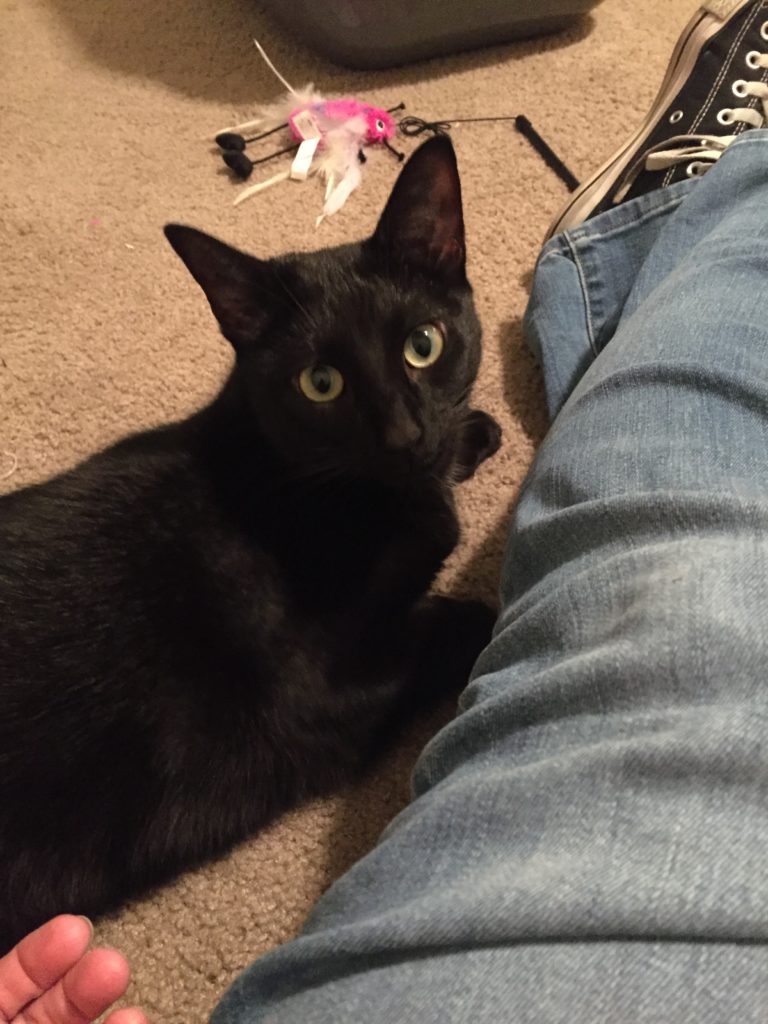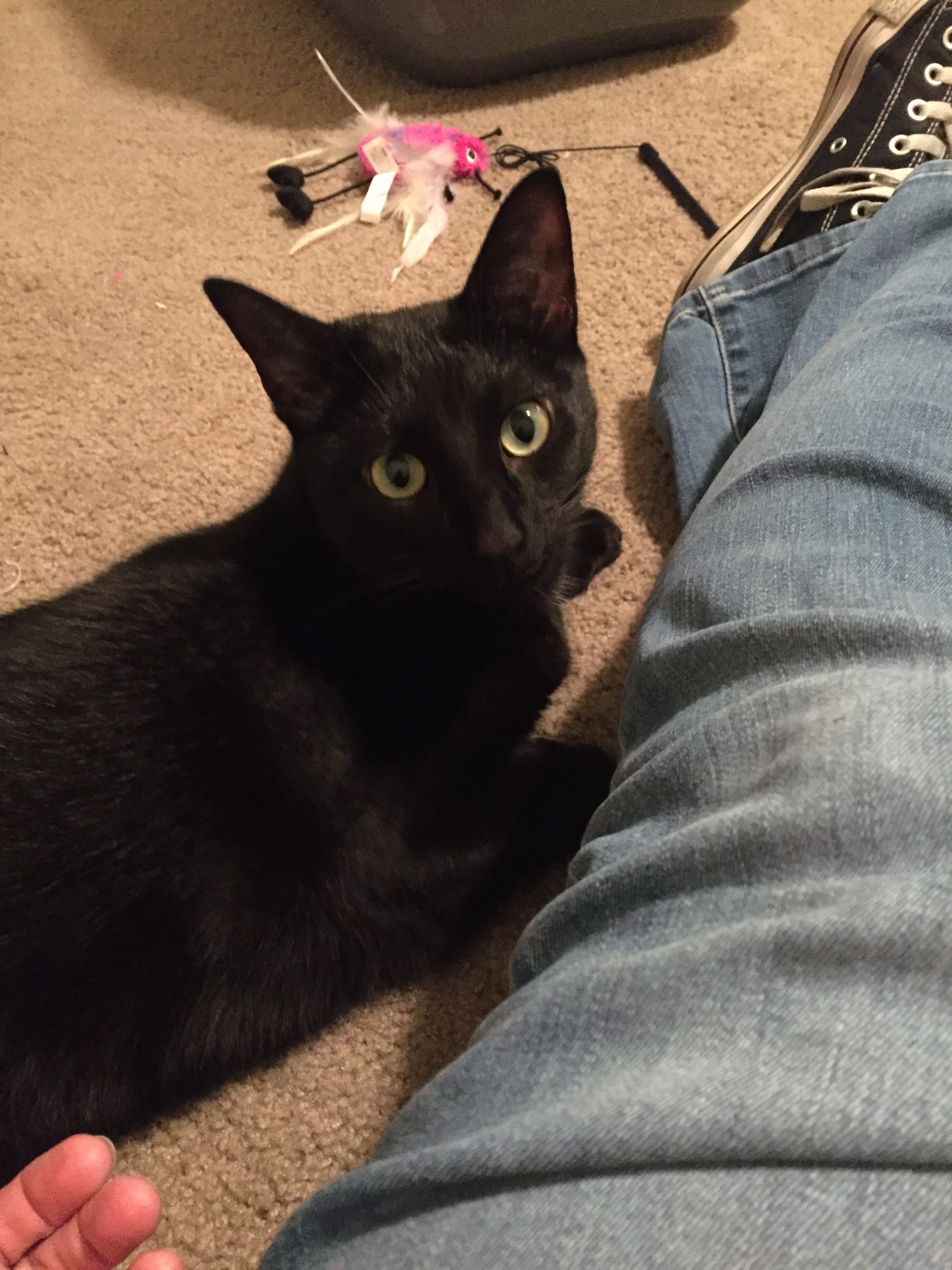On the third day of my new internship, I lay on the bathroom floor clutching my abdomen, hoping for the pain to subside a little.
I was only 2 and a half hours into my shift, but sitting up strained my body too much.
This wasn’t the first time that I found myself on the floor of a public bathroom and I’m sure it won’t be the last.
March is endometriosis awareness month. If you’re reading this, there’s a pretty strong chance you’ve never heard of it, but it’s more widespread than you might expect. Endometriosis affects one in 10 women and an estimated 176 million worldwide.
To put it briefly, endometriosis is when tissue similar to the uterine lining grows outside and on other organs. It could develop anywhere from the outside of the uterus, to bowels, bladder, the appendix or even in the diaphragm. This causes severe (and sometimes excruciating) pain for some women, coupled with a multitude of side effects.
Even with all this pain, it takes an average of 7-10 years for a woman to get diagnosed by a doctor. So how can a disease that is so common and so painful still be so unheard of?
This is because women are told over and over again that their symptoms are normal. Periods are supposed to hurt, suck it up, take some Advil or use a heating pad.
These doctors aren’t taking into account the fact that a woman’s period shouldn’t make her miss work or to stay home. Women shouldn’t be throwing up from the pain or unable to walk.
I was diagnosed last December after my first laparoscopic surgery, which is the only way to be diagnosed. Endometrial tissue doesn’t show up on sonograms or CAT scans, another reason women go undiagnosed so long.
“When I finished explaining, she grabbed my hand and told me she believed my pain was real. Even just hearing that changed everything.”
I’m lucky. My journey to a diagnosis was much shorter: only a few years and four doctors. I had doctors tell me I just had bad cramps and that I hadn’t found the right pill yet.
The third doctor I saw finished listing the unfortunate side effects of a treatment option and then finished it with a laugh and asked, “Aren’t you just so mad at Eve for taking a bite out of that apple? Then you wouldn’t have this problem!”
I didn’t think it was funny since I was trying to explain to him that I can’t keep missing a week of class every time I get my period, but he was on his own thing.
My family found a specialist in Orlando who I saw in the fall. By then, I’d grown to be extremely tense in the moments leading up to the appointments, knowing I’d have to advocate for myself and explain the pain in great detail.
But this was a different experience. A much better one. This doctor walked in and actually listened. When I finished explaining, she grabbed my hand and told me she believed my pain was real. Even just hearing that changed everything.
Throughout the semester my pain got worse. I missed more class and began to have more trouble sitting up just for class, whether I was on my period or not.
We scheduled a surgery to remove the endometriosis in December, and having watched 12 seasons of “Grey’s Anatomy,” I promptly started panicking. Looking back, I think I drove everyone within a 5-mile radius of me crazy.
Luckily, my friends and family stuck around anyway and I made it to the surgery. What was supposed to be a one-hour surgery turned into three hours.
When I woke up, the first thing I did was groggily ask if she actually found endometriosis. My doctor told me yes, she’d found a ton. I felt relieved and exhausted.
Before the surgery, we discussed that because this was a chronic condition with no cure, I’d be due for surgery again in about three years. Unfortunately, about a month after the surgery, my pain came back. At first, we thought it was just leftover pain from the surgery and would go away, but it’s here for good.
“I found hundreds of accounts run by women just like me. But these women weren’t hiding it.”
This happens to countless women with endometriosis and there isn’t an explanation. It was hard to deal with it at first, but a few changes have made a big difference.
First, I searched the hashtag “#EndoSisters” on Instagram. I found hundreds of accounts run by women just like me. But these women weren’t hiding it from their friends. Instead, they were sharing their stories.
Openly and in detail, they were raising awareness and cheering each other on. Because of them I also started the endo diet, a way of eating to try and reduce inflammation and pain. This has been a difficult change, but also a positive one.
The next change I made was to research my condition. I read everything I could on endo. There are so many books and websites out there, full of new information that I didn’t know before.
The last and maybe most beneficial change I’ve made is being open with my friends and family when I’m in pain. Last semester I’d bail on plans and say I was sick, which is an excuse that only made my friends worry about me.
Now, I tell them. Many times, they’ll come over anyway and lie with me while I’m stuck on my heating pad for a few hours. Having their support is a huge step up.

Evy Guerra| The Crow’s Nest
I’m fortunate to be surrounded by family that never doubted my pain or gave up on helping me find out what the issue was.
Endo often keeps me stuck in bed. That gets old pretty quickly. A month ago I went to a few different shelters and picked out Meka, the perfect emotional support cat.
She’s beautiful and makes such a big difference for me on the daily.
I’m writing all of this because people need to know about endometriosis. People need to take period pain seriously. I never talked about my period before. I was too embarrassed. Now I have to talk about it, and it’s getting easier.
If you have symptoms of endometriosis or terrible period pain please don’t listen to one doctor telling you it’s normal. Keep going, keep fighting and don’t stop until you get a diagnosis and the help you need.



